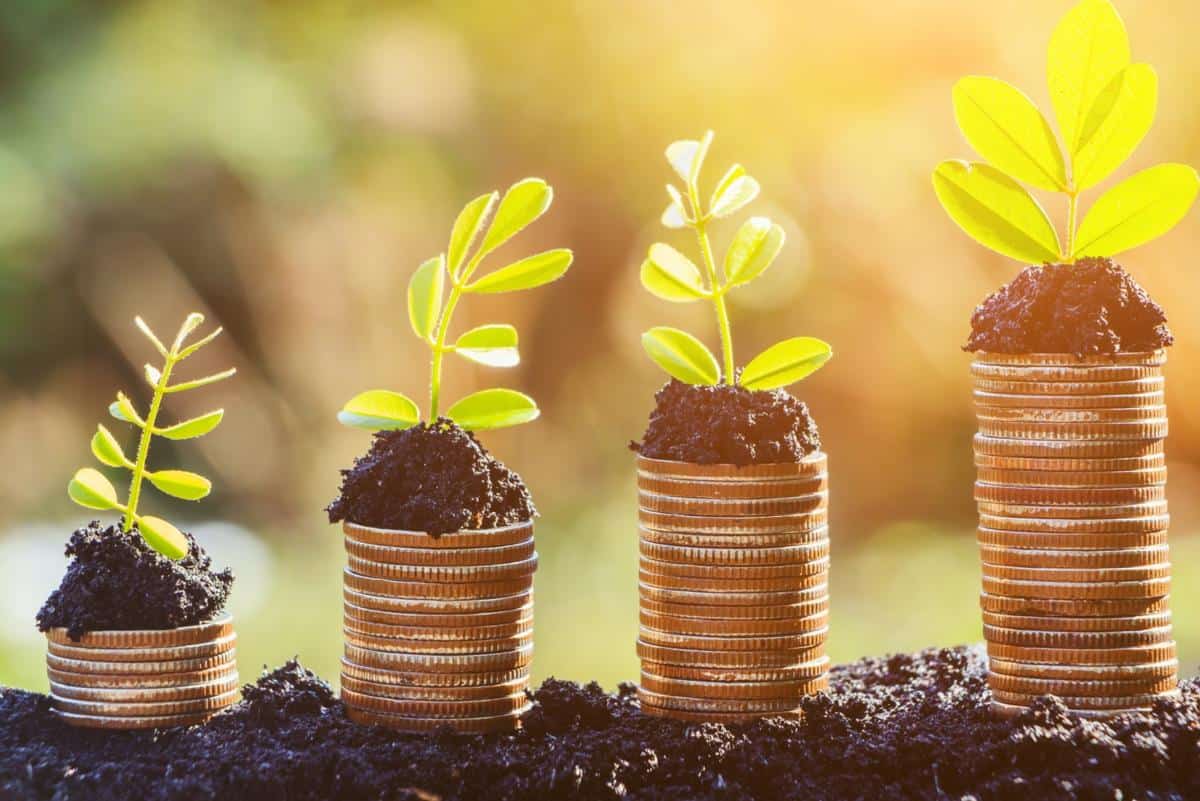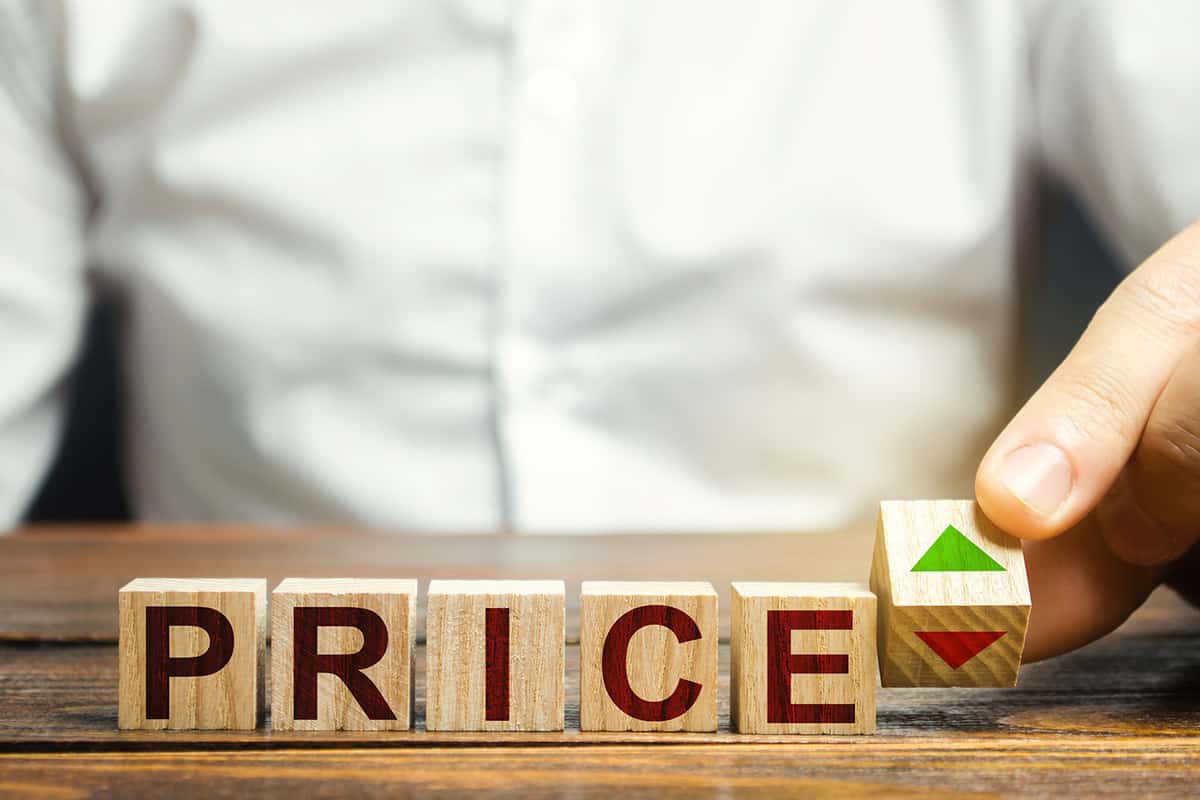John Lewis and IKEA are accelerating their sustainable initiatives as they look to lead in environmentally-responsible retailing.
Last week, the two leading retailers announced far-reaching plans to commit to tackling plastic waste and gas emission.
John Lewis
The Elite retailer in IRUK Top500 research announced last week four businesses winners of its retail tech innovation programme to help it reduce plastic waste.
The John Lewis Partnership, which owns John Lewis department stores and the Waitrose supermarket chain, said it chose from a shortlist of ten businesses who pitched ideas to the panel of eight judges on alternative packaging, chemical recycling, sustainable materials and plastic-free products. More than 100 new start-ups and established businesses submitted ideas that could help the group reduce the impact of plastic waste.
The four businesses will get access to expert advice from the John Lewis Partnership, customer panels and data, and a chance to launch trials and pilots as well as financial investment. CupClub, a returnable packaging service for drinks that helps retailers reduce single-use plastic packaging by providing trackable products and utilising RFID technology, will now be trialled.
The other three business winners are Cuantec, which takes natural waste materials to obtain a natural biopolymer and turns into compostable antimicrobial food packing. RePack, a reusable and returnable ecommerce mail packaging service. Replenish, which creates reusable and refillable bottles for liquid concentrates. How they will work alongside the partnership is currently being discussed.
Benet Northcote, director of corporate responsibility at the John Lewis Partnership and one of the pitch day judges, said: “It was fantastic to see so much energy from a range of businesses innovating to solve the global plastic problem. We’re passionate about creating a sustainable future for the retail sector and that means changing the way we all use and view plastic. The businesses we’ve selected are truly disruptive and will help towards our own ambitious targets.”
This is the first time since JLAB launched five years ago that plastic waste has been a focus. John Lewis Partnership is already committed to all own-label packaging being widely recycled, reusable or home compostable by 2025.
To date, Waitrose & Partners, which is a signatory of the UK Plastics Pact, has removed 65% of black plastic packaging from fruit and vegetables. Removing black packaging from meat, poultry and fish will also follow suit by the end of the year along with replacing loose fruit and vegetable plastic bags with a home compostable alternative by spring 2019.
Waitrose & Partners said that it was the first supermarket to exclusively sell paper-stem cotton buds and has replaced plastic straws with paper versions in all its cafes and is on target to remove all disposable takeaway coffee cups from its shops this autumn, saving 52 million cups a year.
John Lewis & Partners has been working to reduce plastic hanger waste and has recently introduced new, durable carrier bags made from 70% recycled material. Click and collect bags also now contain a minimum of 50 per cent recycled content.
The JLAB plastic waste pitch day follows a successful pitch day held in June which focused on health and wellbeing and three companies were selected to join.
IKEA
Last week, IKEA, the IREU Top500 Elite retailer announced an environmental plan to achieve zero emissions on home deliveries by 2025.
The sustainability-focused strategy will see full adoption of electric vehicles by 2025 as it looks to move beyond emissions.
Jesper Brodin, chief executive officer of IKEA Group, said: “We challenge ourselves and inspire others as we can only achieve the change that’s needed together. For us it’s crucial to grow our business in a sustainable way– that’s why we’re speeding up the transition to electric vehicles in five inner-city areas. By 2020 all our home deliveries in central Amsterdam, Los Angeles, New York, Paris and Shanghai will be by electrical vehicles or zero-emission solutions.”
This follows the retailer pledging to redesign all of its products using ’circular’ principles with the objective of only using renewable and recycled materials. Its People & Planet Positive sustainability strategy will see IKEA removing all single-use plastic from its product range, which will reduce climate footprint by an average of 70% per product.
Image credit: Fotolia









